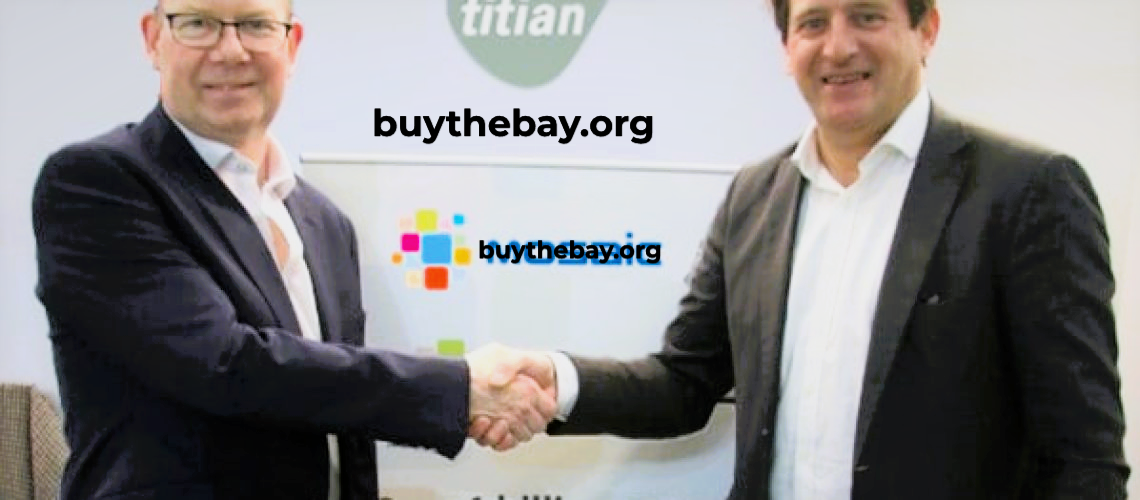Yuor course of treatment will depend on the type and degree of your mental illness as well as what is most effective for you. The best course of action is frequently a mix of therapies.
Treatment from your health care physician may be sufficient if you have a moderate mental disorder with well-controlled symptoms. In order to ensure that all of your psychiatric, medical, and social requirements are fulfilled, a team approach is frequently necessary. In the case of serious mental diseases like schizophrenia, this is extremely crucial.
Your medical staff
Your therapy group can consist of your:
or a primary care physician
nursing assistant
assistant physician
A psychiatrist is a medical professional who treats and diagnoses mental diseases.
Psychotherapists, such as licenced psychologists or counsellors,
Pharmacist
the social worker
household members
Medications
Despite the fact that psychiatric drugs don’t
medicine to regulate mood. Most frequently, mood stabilisers are used to treat bipolar disorders, which alternate between episodes of mania and sadness. When treating depression, mood stabilisers are occasionally combined with antidepressants.
medicine that is antipsychotic. Typically, antipsychotic medications are used to treat psychotic conditions like schizophrenia. Antipsychotic drugs can also be used to treat bipolar disorders or depression when combined with antidepressants.
Psychotherapy
Talk therapy, often known as psychotherapy, entails discussing your condition and any associated concerns with a mental health practitioner. You gain knowledge about your disease as well as your moods, feelings, ideas, and behaviour during psychotherapy. You can develop coping mechanisms and stress-reduction techniques with the newfound understanding and insights.
There are numerous varieties of psychotherapy, each with a unique strategy for enhancing your mental health.
therapies using brain stimulation
Treatments using brain stimulation are occasionally used to treat depression and other mental health conditions. They’re often saved for conditions where psychotherapy and drugs have failed. They comprise repetitive transcranial magnetic stimulation, deep brain stimulation, electroconvulsive therapy, and vagus nerve stimulation.
Make sure you are aware of all the advantages and disadvantages of any suggested treatments.
Treatment facilities and residential programmes
Sometimes, a person’s mental disease gets so bad that they require treatment in a psychiatric institution. When you can’t take care of yourself properly or when you’re in immediate danger of hurting yourself or another person, this is typically advised.
Options include residential treatment, which provides a brief supportive place to live, partial or day hospitalisation, and 24-hour inpatient care. An other choice might be rigorous outpatient therapy.









